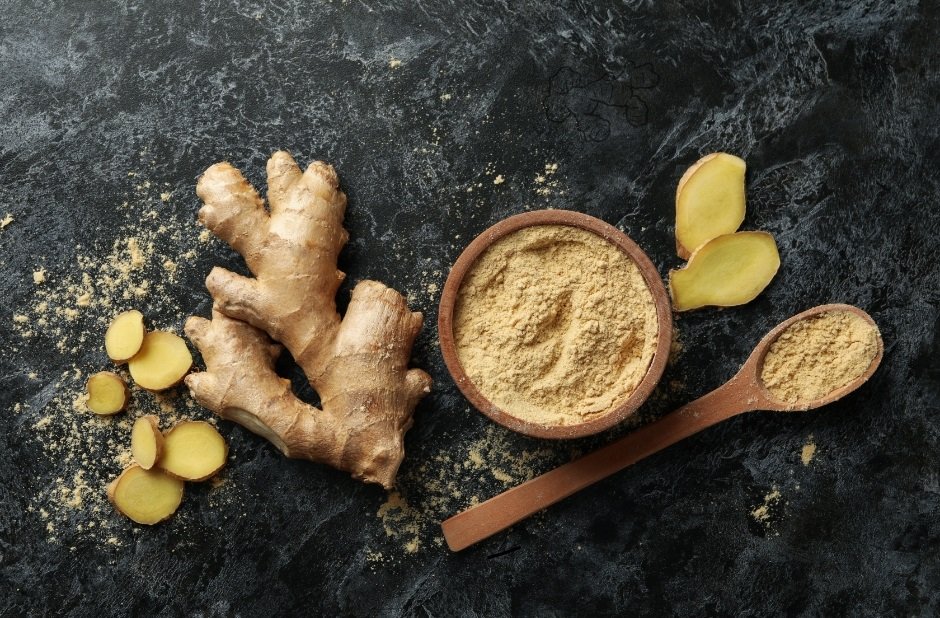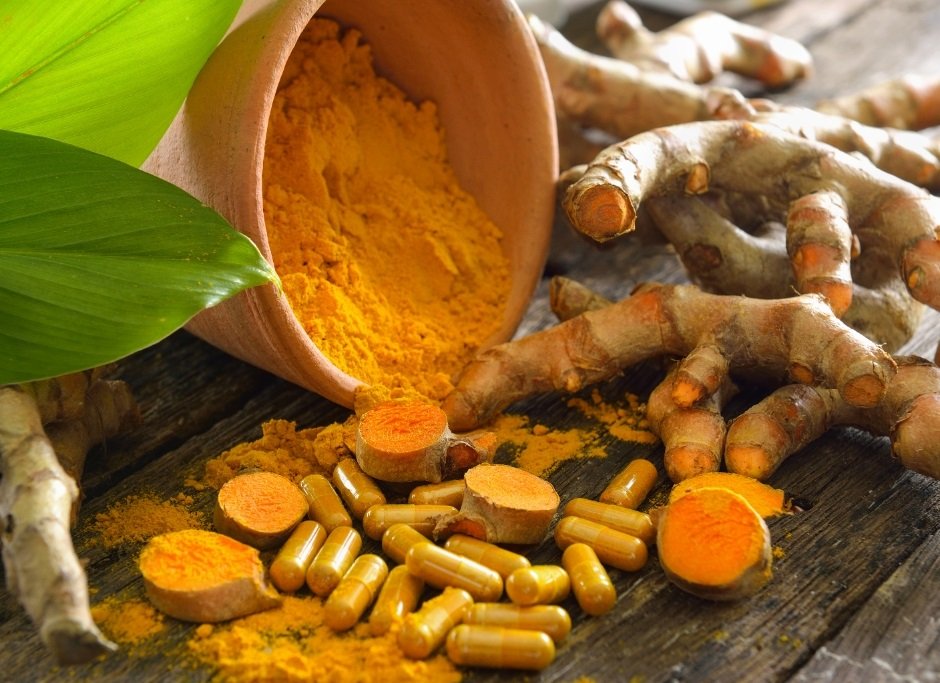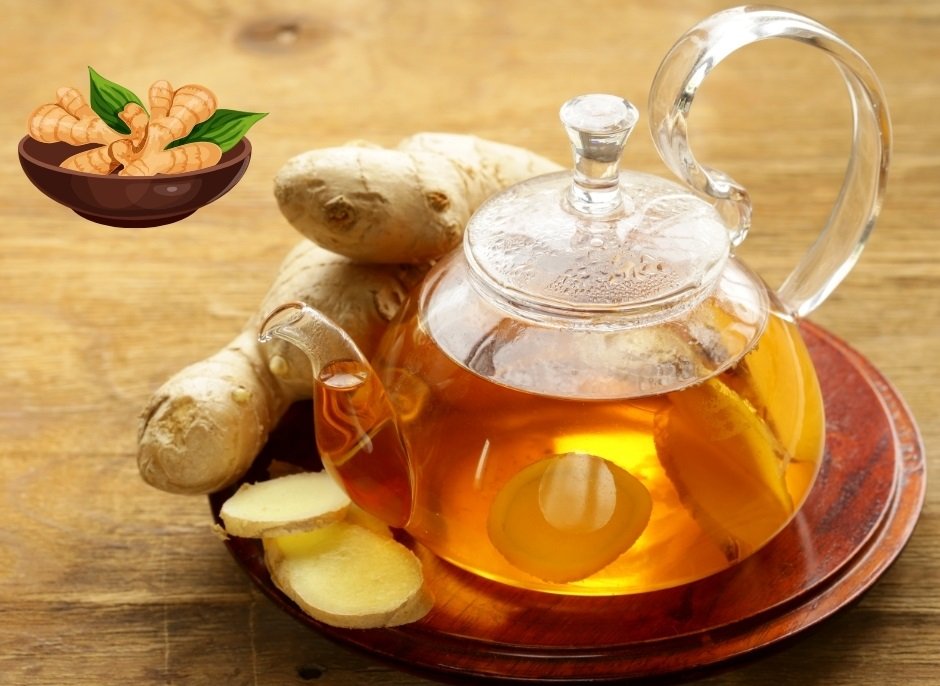Ginger: A Timeless Herbal Remedy for Health and Wellness
Ginger, scientifically known as Zingiber officinale, has been used for centuries across various cultures as a powerful herbal remedy. Its roots can be traced back to Southeast Asia, where it has been utilized in both culinary and medicinal applications. Today, ginger is widely recognized as one of the best herbal remedies due to its extensive range of health benefits. In this article, we will explore the many aspects of ginger, including its history, nutritional profile, health benefits, and various applications in traditional and modern medicine.
History and Cultural Significance of Ginger
Nutritional Profile of Ginger
Ginger contains a variety of essential nutrients and bioactive compounds that contribute to its health benefits. It is rich in gingerol, shogaol, and zingerone—compounds known for their anti-inflammatory and antioxidant properties. Additionally, ginger contains vitamins and minerals, including vitamin C, vitamin B6, magnesium, and potassium. These components work together to promote overall health and wellness.
Health Benefits of Ginger
Ginger has a wide range of health benefits, making it one of the most versatile herbal remedies. Here are some of the key benefits:
1. Anti-Inflammatory Properties
Ginger is known for its potent anti-inflammatory properties. The gingerol compounds in ginger help reduce inflammation, making it effective in managing conditions like osteoarthritis and rheumatoid arthritis. Studies have shown that regular consumption of ginger can reduce joint pain and improve mobility in individuals with arthritis.
2. Digestive Health
Ginger has long been used to aid digestion. It stimulates the production of digestive enzymes and can help reduce bloating, gas, and indigestion. Ginger has also been shown to be effective in relieving nausea and vomiting, particularly in cases of morning sickness during pregnancy, motion sickness, and postoperative nausea.
3. Antioxidant Effects
The antioxidants in ginger help combat oxidative stress and free radical damage, which can contribute to aging and chronic diseases. Regular consumption of ginger may help boost the immune system and protect against various illnesses.
4. Pain Relief
Ginger’s anti-inflammatory and analgesic properties make it a natural remedy for pain relief. It has been used to alleviate headaches, migraines, and menstrual pain. Some studies suggest that ginger can be as effective as certain pain medications in reducing pain and discomfort.
5. Heart Health
Ginger may contribute to heart health by reducing blood pressure, cholesterol levels, and blood sugar levels. Its anti-inflammatory properties also play a role in reducing the risk of heart disease. Some studies indicate that ginger can help improve circulation and prevent blood clots.
6. Weight Loss and Metabolism
Ginger has been associated with weight loss and improved metabolism. It can help increase thermogenesis, the process by which the body burns calories to produce heat. Additionally, ginger may reduce appetite and cravings, aiding in weight management.
Applications of Ginger in Traditional and Modern Medicine
Ginger’s versatility has led to its use in various traditional and modern medical practices. In traditional Chinese medicine, ginger is used to balance the body’s energy and treat conditions like colds, coughs, and digestive issues. In Ayurveda, ginger is considered a warming herb that helps improve digestion and balance the doshas.
In modern medicine, ginger is often used as a complementary treatment for various conditions. It is available in several forms, including fresh ginger root, ginger powder, ginger tea, and ginger supplements. Here are some common ways to incorporate ginger into your daily routine:
SUMMARY
Ginger is a remarkable herbal remedy with a long history and a wide range of health benefits. Its anti-inflammatory, antioxidant, and analgesic properties make it a valuable addition to any wellness routine. Whether used in traditional medicine or modern applications, ginger offers a natural and effective way to support overall health and well-being. By incorporating ginger into your diet and lifestyle, you can enjoy its many health benefits and promote a healthier life.

















